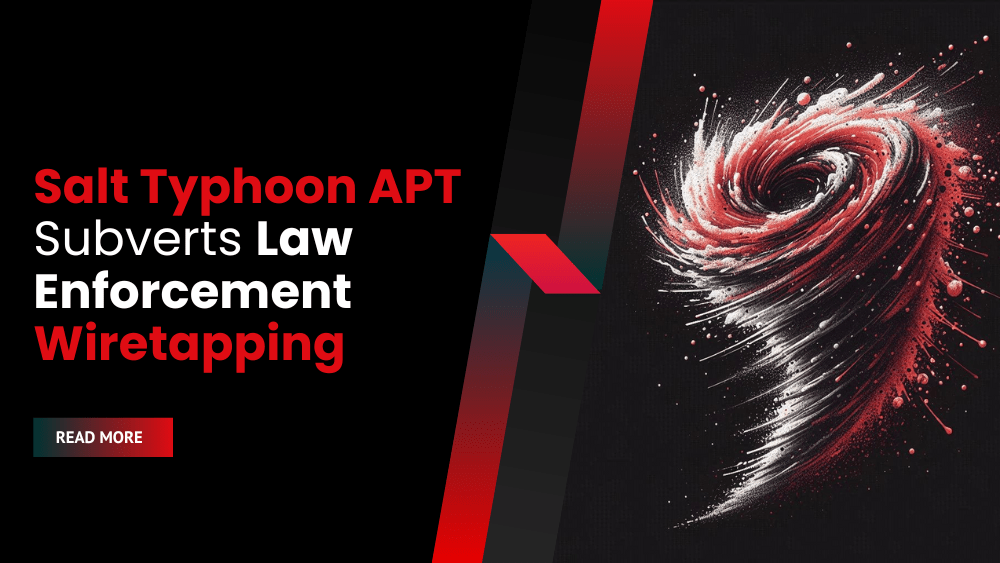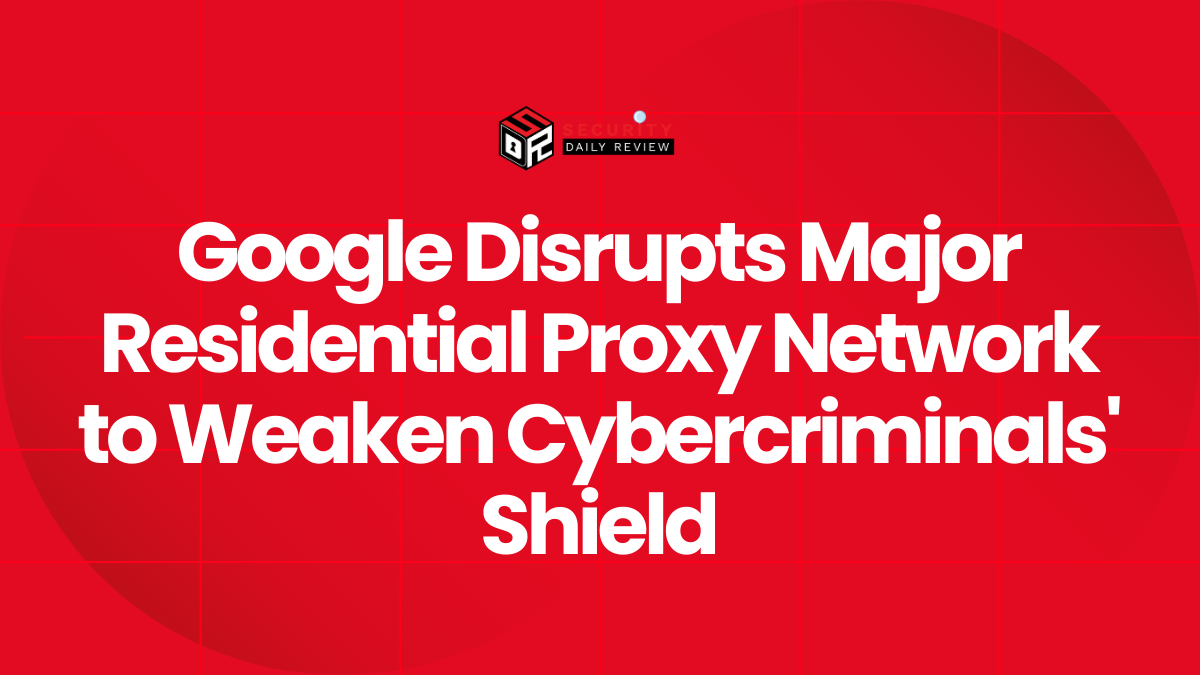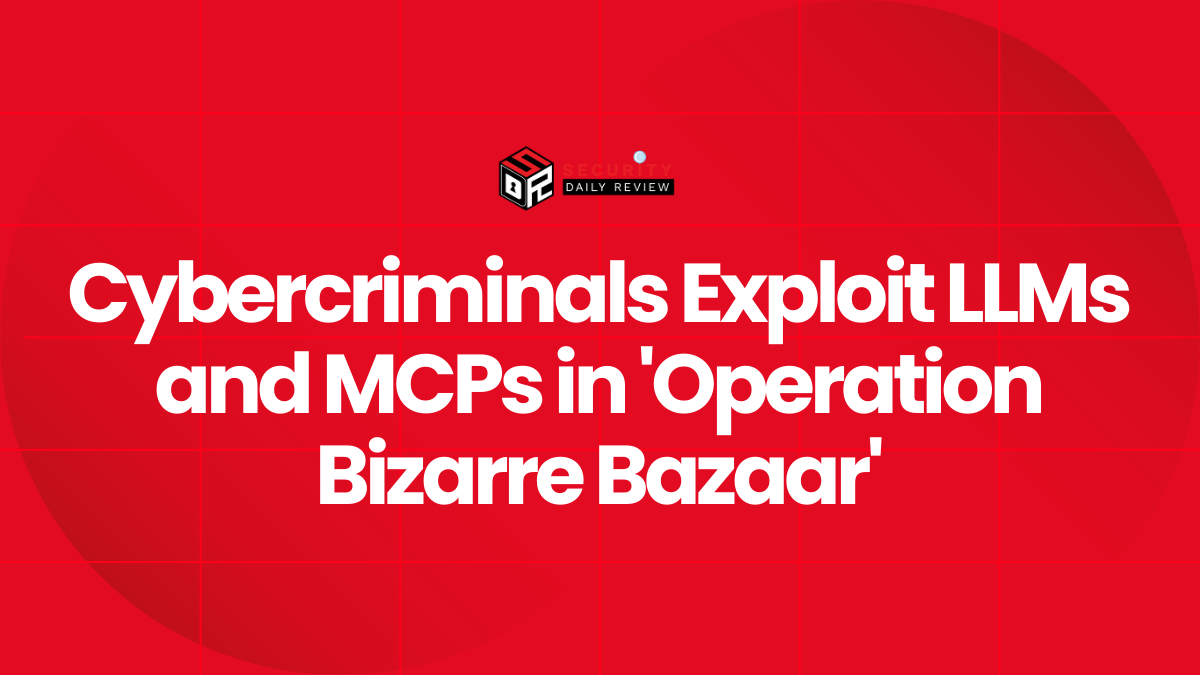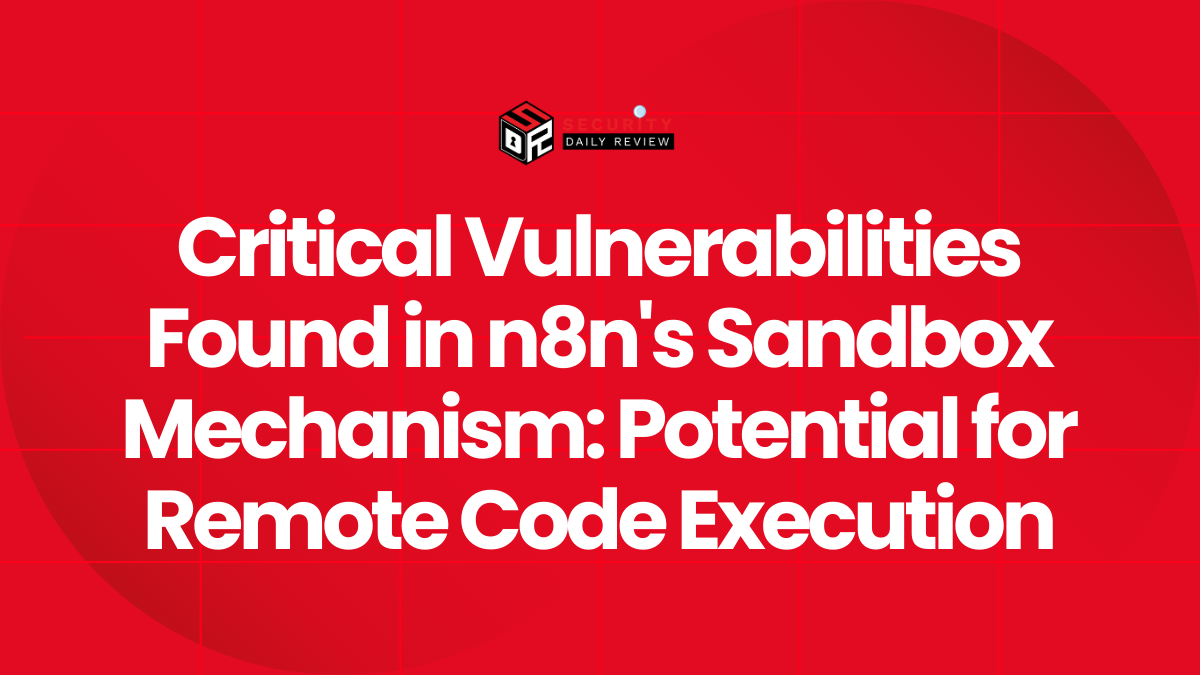The Chinese state-sponsored Salt Typhoon APT infiltrated US broadband providers, accessing law enforcement wiretapping systems and general internet traffic, potentially for months.
The Chinese state-sponsored advanced persistent threat (APT) known as Salt Typhoon, has launched a devastating cyberattack, compromising the very systems law enforcement agencies rely on for court-authorized wiretapping. This Salt Typhoon APT operation represents a significant escalation in cyber espionage and poses a severe threat to national security.
Targets and Scope of the Salt Typhoon Breach
The attack, first reported by the Wall Street Journal, reveals that Salt Typhoon successfully infiltrated major US broadband provider networks. The compromised providers include prominent national players like AT&T and Verizon Communications, as well as enterprise-specific service providers such as Lumen Technologies.
The scale of the breach is alarming, as the APT gained access not only to the “lawful intercept” network connections used by law enforcement for wiretapping investigations, but also to more general internet traffic flowing through these provider networks. Sources suggest this access may have persisted for several months. The impact of the Salt Typhoon APT attack extends beyond US borders, with targets identified outside the US as well.
The Implications of Compromised Wiretapping Systems
“The widespread compromise is considered a potentially catastrophic security breach and was carried out by a sophisticated Chinese hacking group dubbed Salt Typhoon,” sources told the WSJ. “It appeared to be geared toward intelligence collection.”
The intrusion into lawful intercept systems adds a particularly concerning dimension to the Salt Typhoon campaign. These systems are crucial for law enforcement agencies to conduct investigations and maintain national security. Their compromise by the Salt Typhoon APT undermines the integrity of these processes and potentially exposes sensitive information.
Understanding the Salt Typhoon APT’s Tactics
While the precise methods used by Salt Typhoon to gain access to the lawful intercept infrastructure remain undisclosed, Ram Elboim, CEO of Sygnia (which tracks the APT as “GhostEmperor”), emphasizes the extensive reconnaissance undertaken by the attackers.
He stated: “Reaching and compromising these sensitive assets requires not only familiarity with the network structure, but also advanced capabilities to be able to move laterally across separated sub-networks. One assumes that these assets are far separated from the ISP corporate and operational network, and also connected to law enforcements’ networks in order for authorities to be able to operate and stream the gathered data in a very secure method.”
The Urgent Need for Enhanced Cybersecurity Measures
The lack of immediate response from AT&T, Lumen, and Verizon to requests for comment further emphasizes the gravity of the situation and the potential for long-term ramifications. The Salt Typhoon attack represents a significant challenge to national security and highlights the urgent need for collaboration between government agencies, private sector organizations, and cybersecurity experts to address the growing threat of state-sponsored cyberattacks.
The incident serves as a wake-up call, demonstrating the potential for devastating consequences when sophisticated APTs like Salt Typhoon target critical infrastructure and law enforcement systems. The sophisticated nature of the APT attack, targeting wiretapping systems and general internet traffic, necessitates a comprehensive review of cybersecurity practices across all affected sectors.
The implications of this breach extend far beyond the immediate impact, raising concerns about the potential for future attacks and the need for strengthened national security measures. The vulnerability exposed by the Salt Typhoon incident highlights the urgent need for a multi-faceted approach to cybersecurity, encompassing technological advancements, improved intelligence sharing, and enhanced international cooperation.









